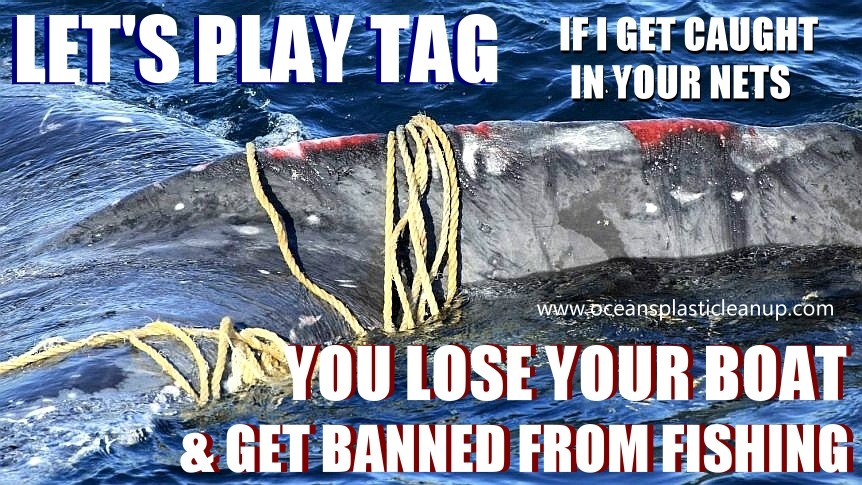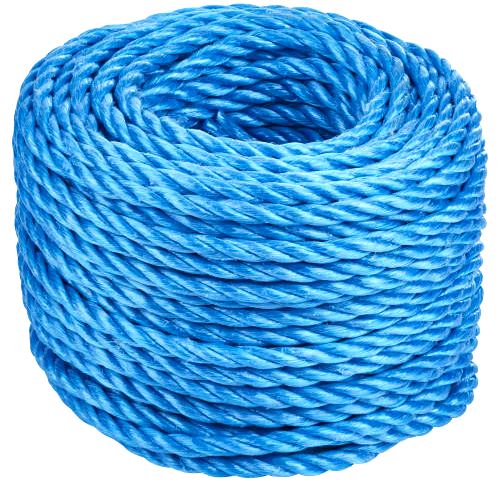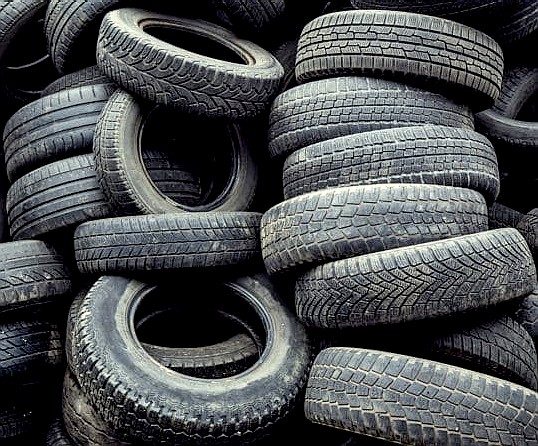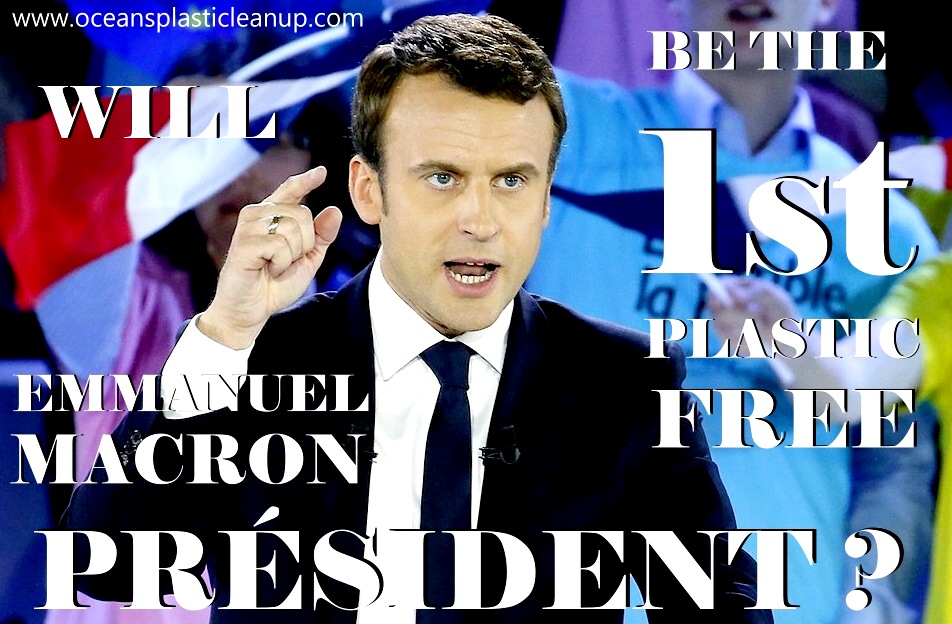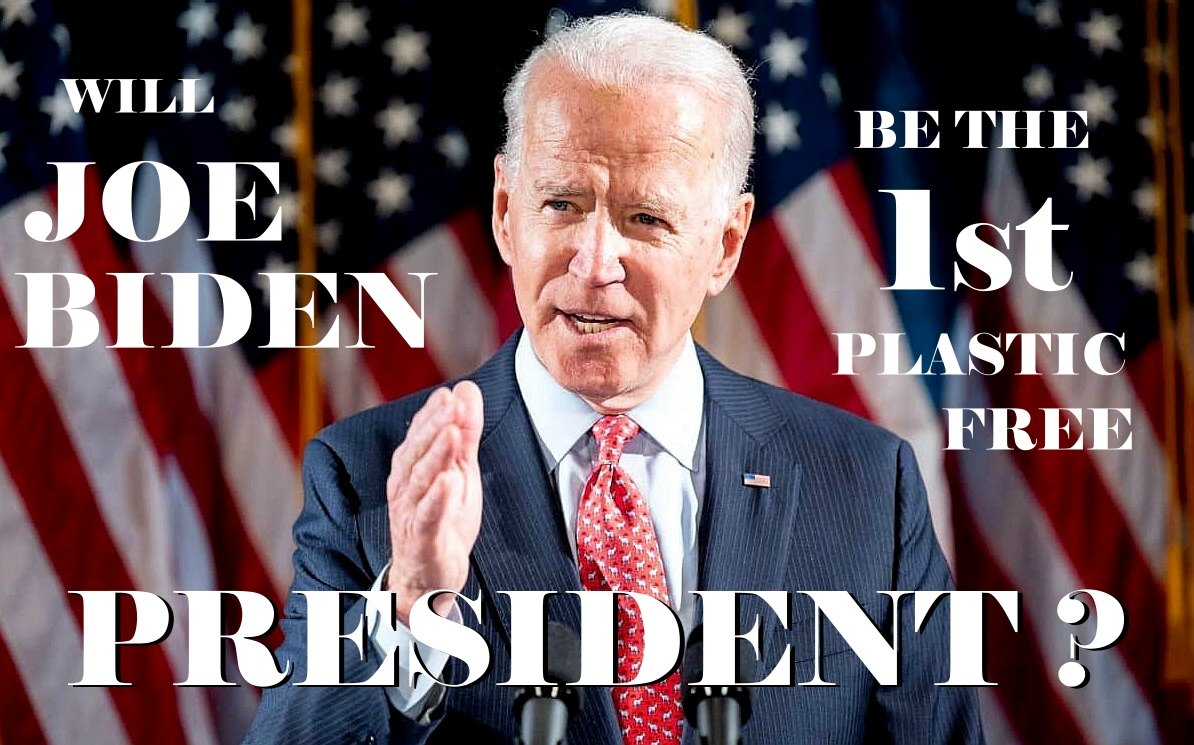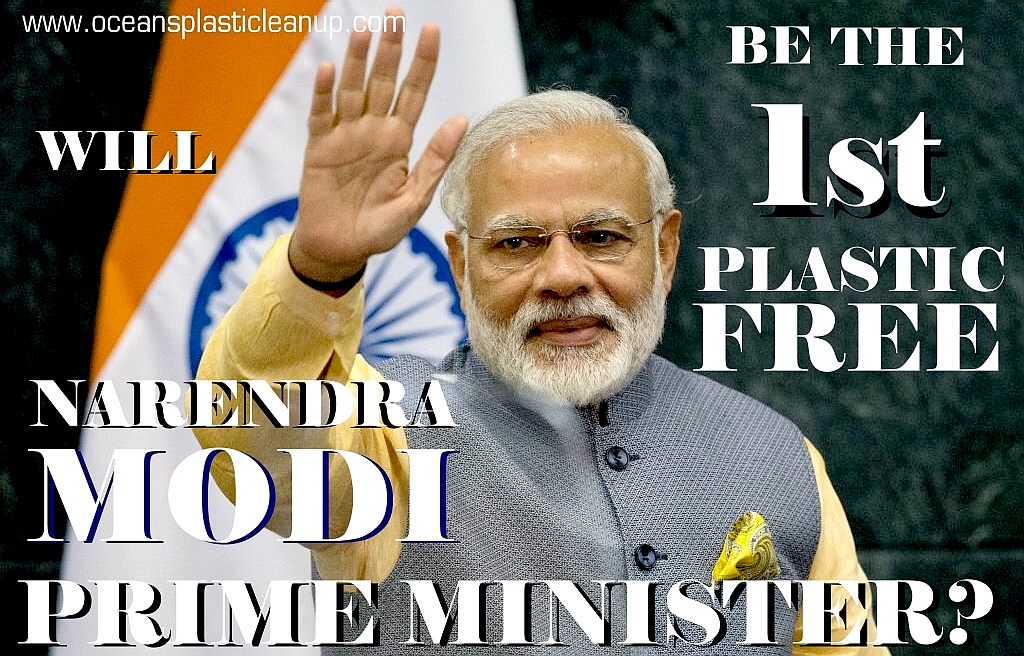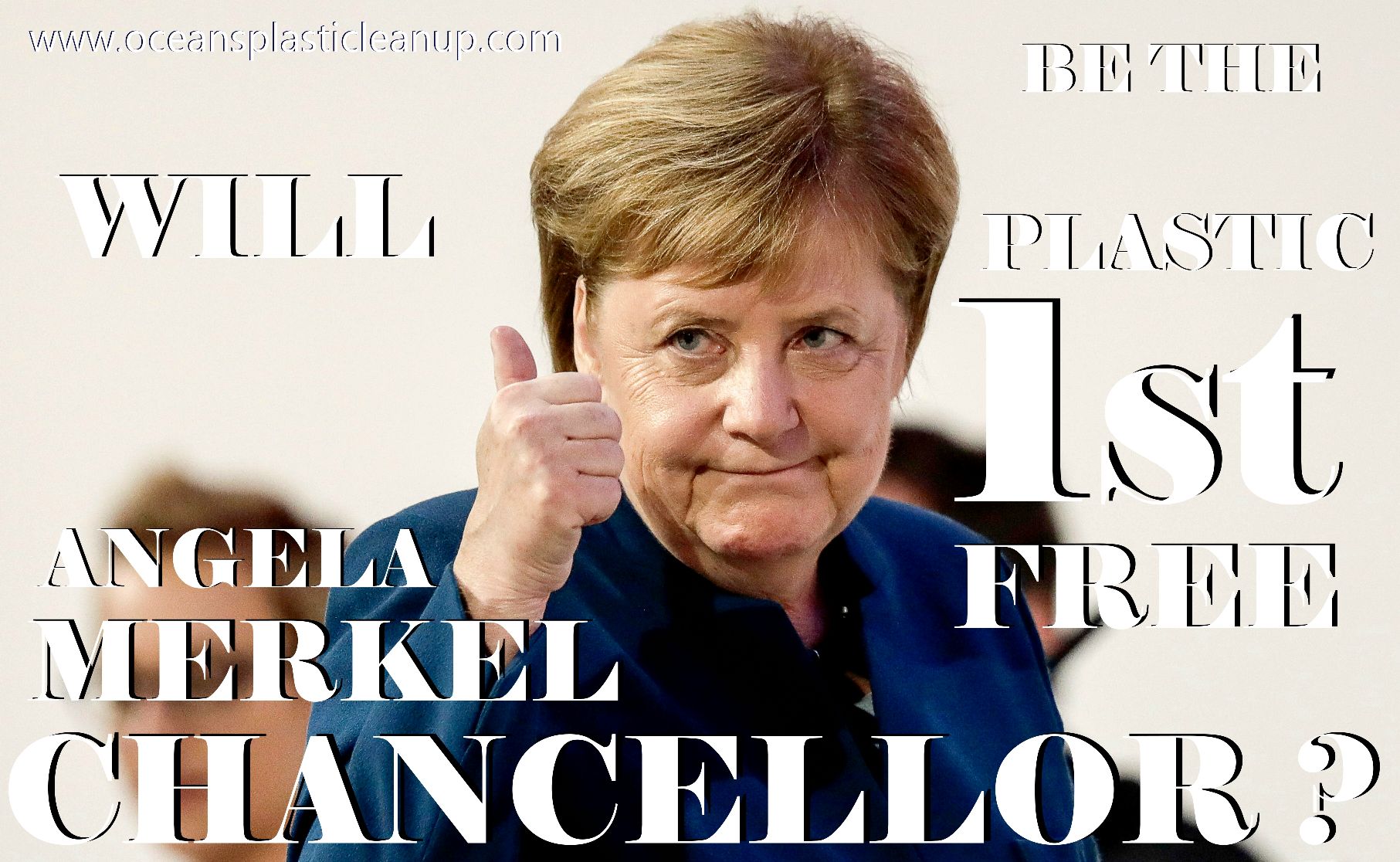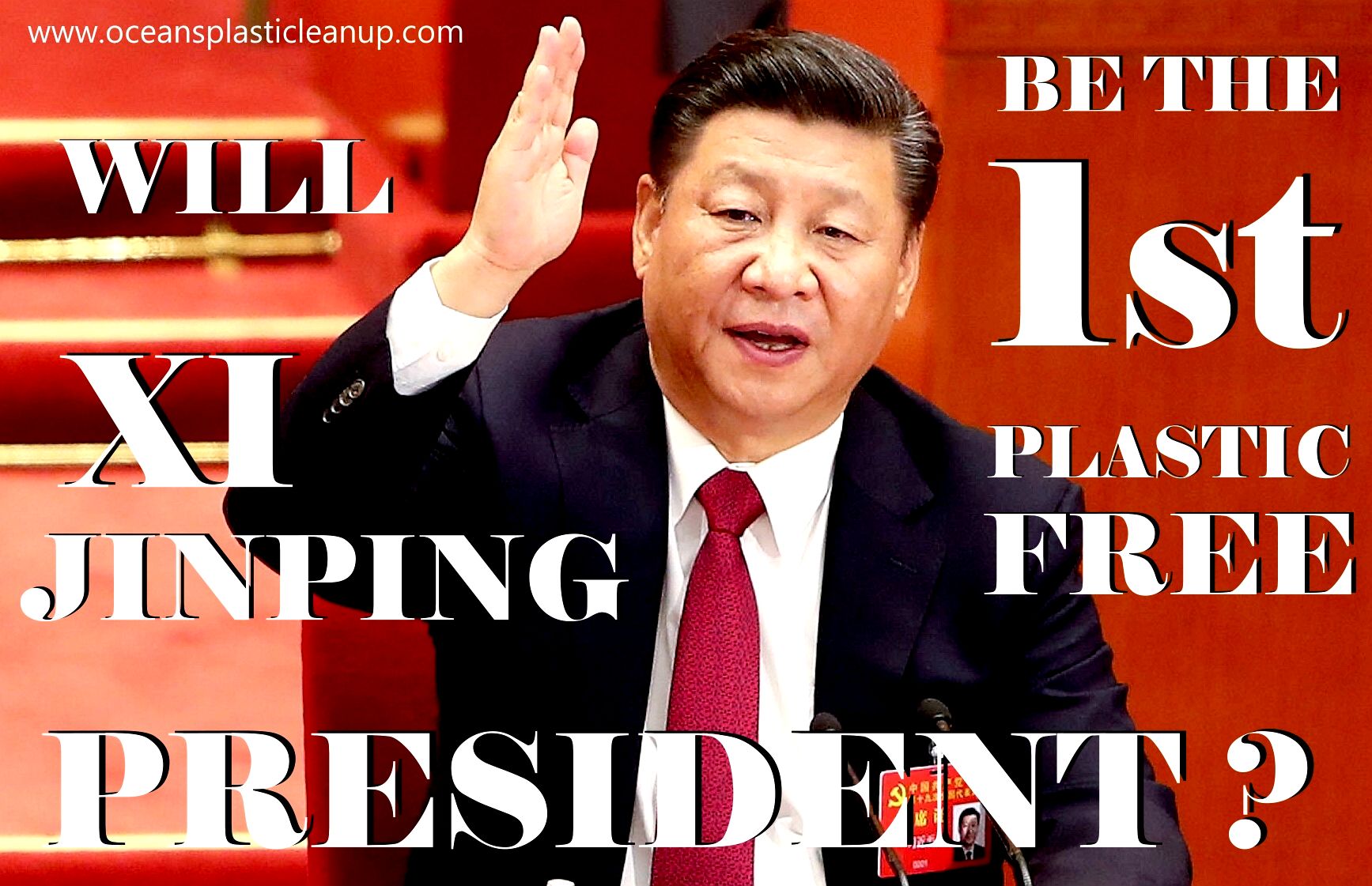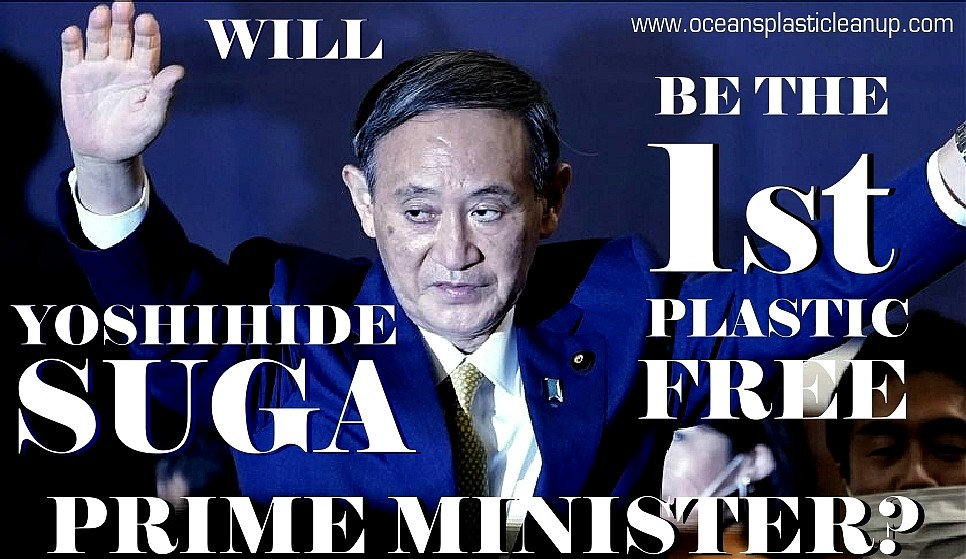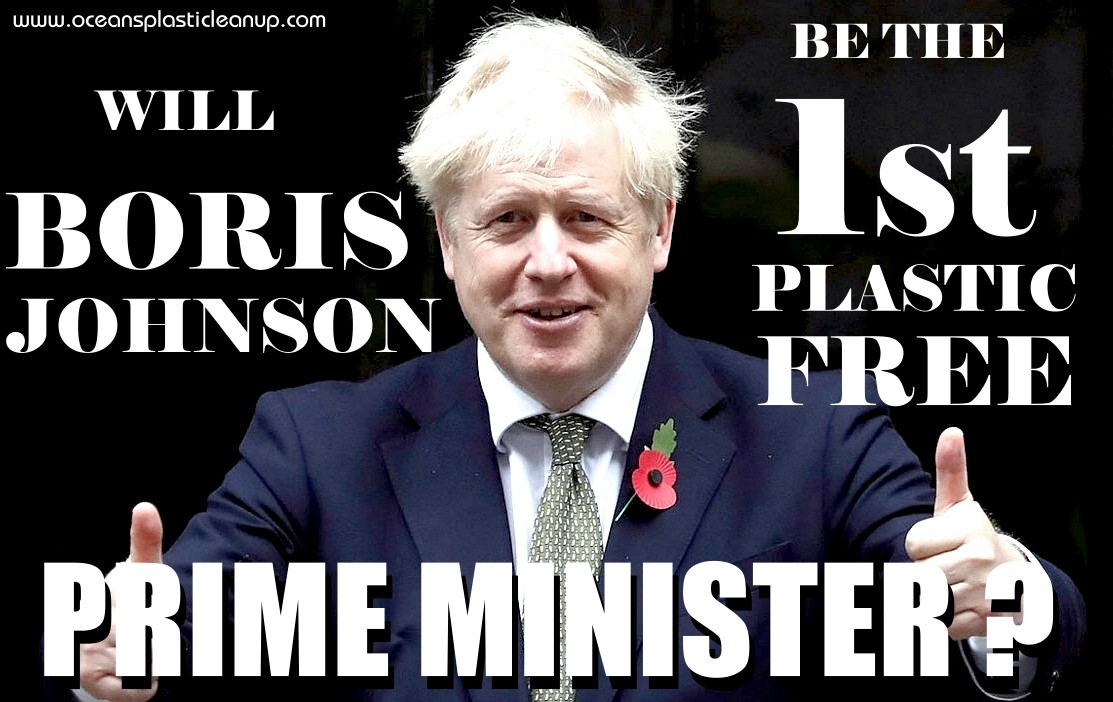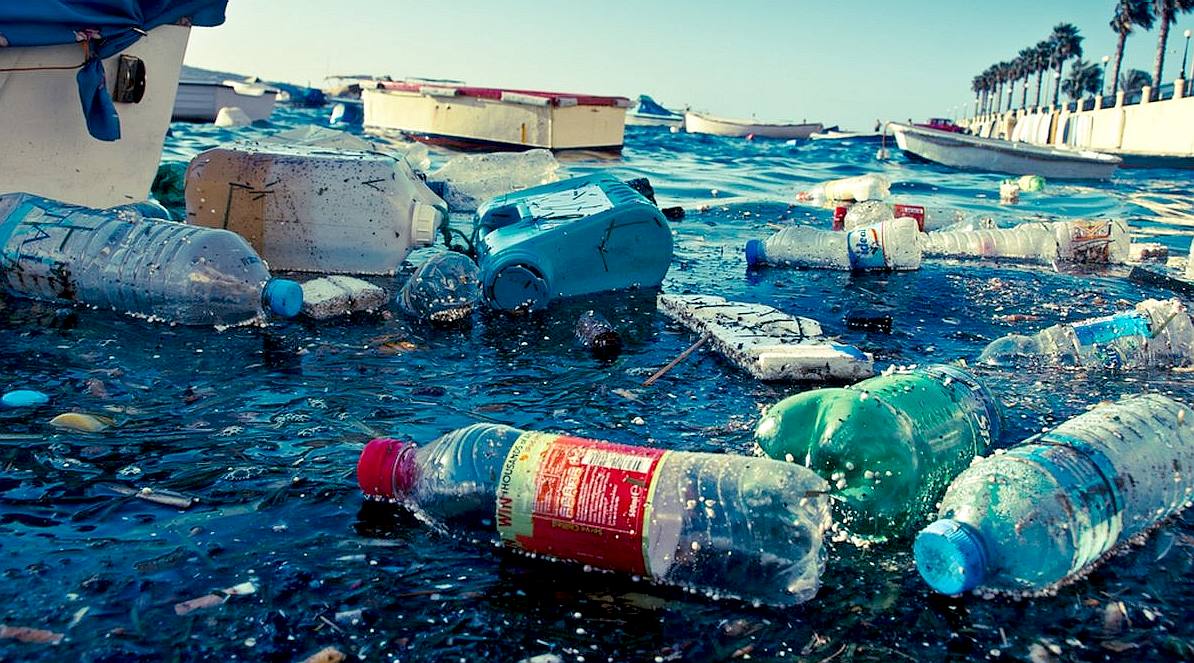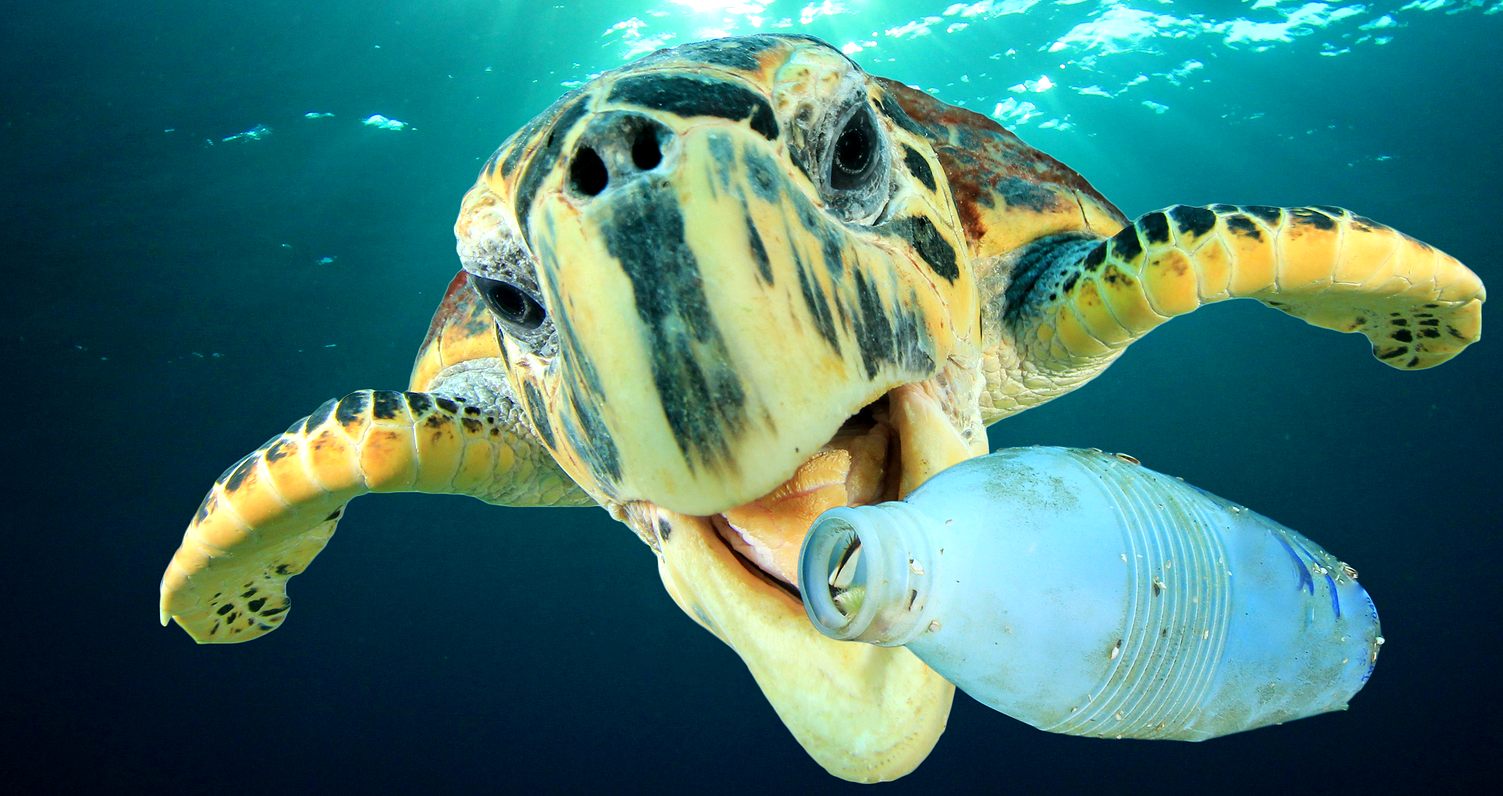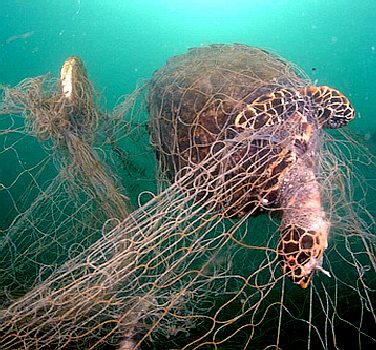|
4. FISHING GEAR & ENFORCEMENT
PLEASE USE OUR A-Z INDEX TO NAVIGATE THIS SITE, OR SEE HOME
|
|
CAMPAIGN FOR ZERO WASTE - Supermarkets and oil companies have a lot to answer for. Politicians must explain why they let the retailers and fossil fuel industry get away with a practice they know to be harmful to marine life. Companies are largely driven by money and greed, their shareholders often kept in the dark. This is morally unsound! All the while millions of seabirds are dying, polar bears are playing with plastic and even shellfish have become inedible in some locations. The whale seen above would be sufficient evidence to ban a group of fishermen for their first offence, followed by confiscation orders, lifetime bans and finally imprisonment.
Discarded fishing gear amounts to considerably more than 50% of ocean debris, posing an unacceptable threat to marine mammals, reptiles and larger fish. Nets and ropes change the marine environment, poses navigational hazards, introduces plastic into the marine food chain, and creates a persistent marine debris and pollution problem, with high cleanup costs.
Much on this can be contained with suitable tracking and monitoring with fines for offenders. But a hope that the fishing community will react responsibly and work to eliminate such threats, save for genuine accidents.
The proposal is that:
|
|
1. Fishing gear and traps must be tagged by law, where voluntary measures do not work, the aim being to be able to track nets and traps that may be unlawfully disposed of, or accidentally lost.
2. That the unlicensed (tagged) operation of plastic fishing gear will lead to confiscation of nets and vessels and bans from fisheries for a period of time to be determined as a first time offender.
3. After such period of time elapses, vessels may be returned for a probationary period.
4. Re-offending will attract stiffer penalties, with a third strike meaning a lifetime ban on fishing and ownership of any vessel capable of being used to catch fish.
5. That any breach of a ban in 5., above will attract an automatic prison sentence on a rising scale for each offence and re-offending , in tandem with confiscation orders, where appropriate.
6. That accidental snagging, or other loss, such as in emergencies, will not lead to enforcement action, so long as incidents are reported, logged, and appropriate recovery action is begun, and is a valid defence.
7. Fishing gear not made of plastic, or made of a genuinely compostable/biodegradable, or natural fibre material, may not be required to be tagged.
8.
Fishing gear that is made of a materials other than plastics (polypropylene
and nylon as examples) as in Section 7 above, may qualify for a plastic
credit, as per Article
7.
1.
Supermarket packaging transformation (back) to paper predominantly
|
|
This could be implemented via international Treaty via the International Maritime Organization. It's time to get tough on pirate fishermen and those who litter our oceans.
HELP US LOBBY FOR A CHANGE IN THE LAW - OUR 7 POINT PLAN (SDG14)
We need tougher MARPOL legislation and enforcement, to prevent plastic from rivers flowing into the sea. We implore you to write to your MP, Senator, Prime Minister, President, Queen or King, to ask them to agree to introduce laws and rules that make it illegal in their countries to allow river waste (including microplastics) into territorial waters - and from there into international waters. A law like this is sure to trigger the introduction of monitoring, barriers and cleaning operations with equitable rewards for any organization providing such services. So far your leaders have demonstrated that they don't give a jot, and will not tackle the monopoly enjoyed by their political backers.
INDUSTRY
Manufacturers
should look to replace single use plastic in packaging wherever
practical. Supermarkets should look for alternative packaging if it
would not detract from the quality of produce or make them
uncompetitive. They might support a
plastic-oil circular economy with recycling depositories at their stores.
INDIFFERENCE - Tangled in a societal maze and cemented by big business oligarchs, what chance does an oyster or muscle stand, let alone a turtle, where they cannot speak, write, or vote.
You can speak for them by not purchasing goods in packaged in plastic, unless it is responsibly recycled, and by fitting a filter to your domestic machines, where they empty to a sewage treatment system.
GOVERNMENT APATHY
Governments
simply don't care enough at the moment to revise their policies, because it's
cheaper to take a dump in the ocean and heaven forbid, spend money on filtration for
the sake of biodiversity.
Politicians are reeling from climate change, they know that nobody can see them
dumping waste in the oceans, and it underpins their frail economies to continue
to do so - for the sake of getting re-elected.
It's all about power, not lives. They will continue to slaughter defenseless
animals, so long as the electorate continue to do nothing. Doing nothing is the
same as agreeing with the slaughter. That is why we had World War Two, the moral
world finally had to act to stop Nazi
Germany invading and taking over the less able in Europe,
leading to concentration
camps, to eliminate political opponents and genocide
on an industrial scale. That
will only change with a food crises and poisoned fish being declared
carcinogenically inedible by the World Health
Organization. I.e. with cancer
victims falling like Covid-19 victims, taking up hospital beds. And even then that
will only be because of the rising Healthcare bills. Governments actually seem
to like it when elderly vulnerable patients bite the dust early. It's like
ethnic cleansing, but legal. Or is it. is it legal to engineer a situation where
people die earlier? HARBOURS - The ocean washes up a small percentage of plastic flotsam to remind us of our sins. All the beach and marina cleaning is unable to keep up with the dumping in our rivers, which ends up swirling about the seven seas.
|
|
|
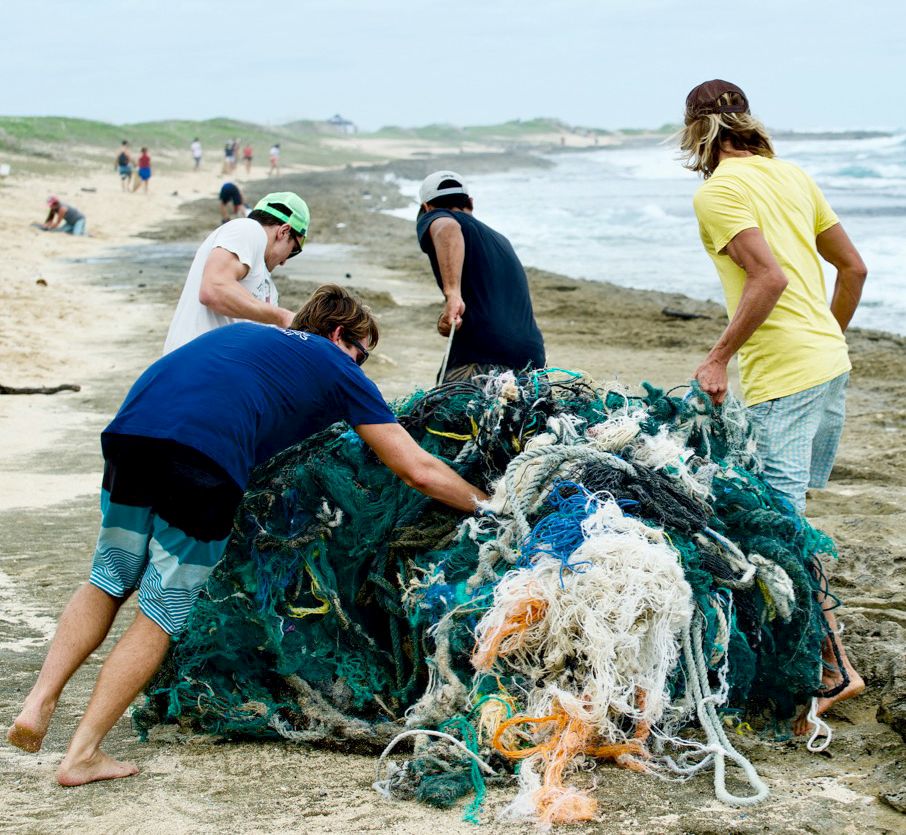
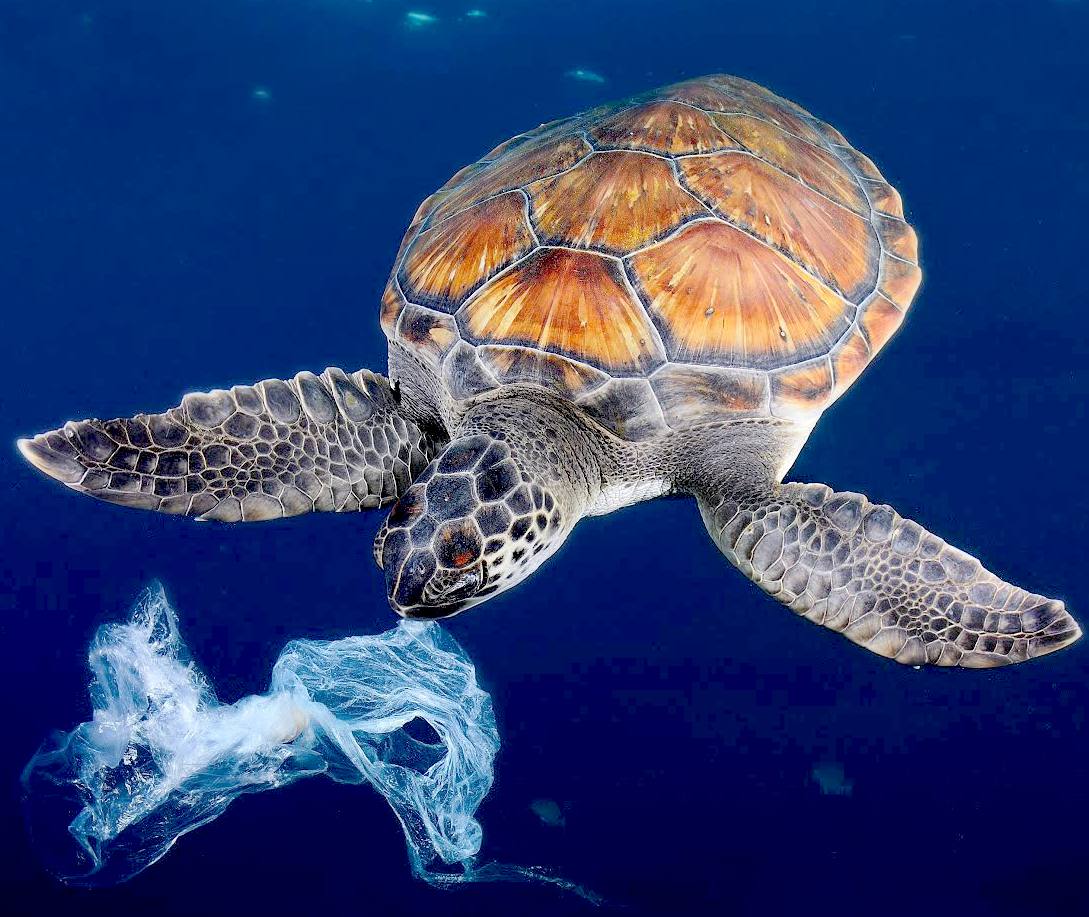
PLASTIC SNACKS - Below the waves and out of sight, marine life is eating plastic like there is no tomorrow, and there may well be, if nothing is done about it. Nets are trapping and suffocating wildlife and beaches are strewn with fishing discards and plastic flotsam. Big business is responsible, but not so much as the politicians who allowed this situation to develop.
|
|
|
PLEASE USE OUR A-Z INDEX TO NAVIGATE THIS SITE
This website is provided on a free basis as a public information service. copyright © Cleaner Oceans Foundation Ltd (COFL) (Company No: 4674774) 2021. Solar Studios, BN271RF, United Kingdom. COFL is a company without share capital whose founding objects are charitable, being not-for-profit.
|
